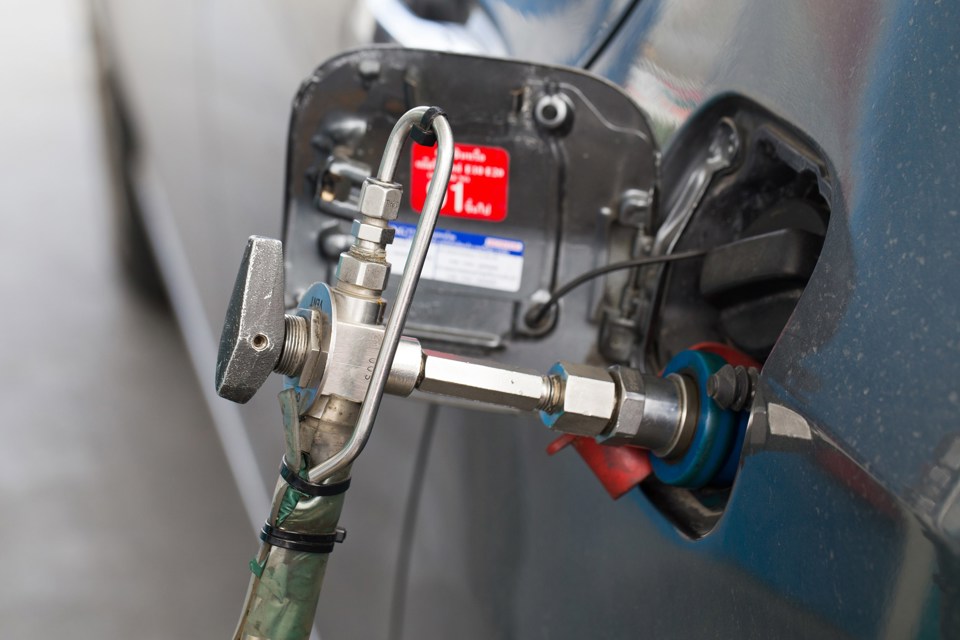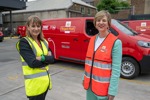In an effort to tackle environmental issues, the transport industry is transforming vehicles and the way they are used.
At an international automotive summit organised by the Society of Motor Manufacturers and Traders (SMMT) in London, logistics experts met to talk about how the industry could be improved.
Iveco UK managing director Stuart Webster said he believed alternative fuels will play a big part in the future.
He said: “Up to five tonnes gross vehicle weight we see electric vehicles as a viable option and indeed we already offer the Daily van in electric format.
“More than five tonnes, we look at gas as an alternative, with potential for hydrogen sales.”
Webster believes compressed natural gas (CNG) and liquefied natural gas (LNG) are suited to long haul business.
“There are gaps in the viability of such vehicles but these appear to be closing,” he said. However: “These new technologies come with significant costs and there is a less well-developed infrastructure.
“Diesel is clearly the option of today and we need investment in infrastructure and incentives to make alternative fuel models more viable.
“If we want an evolution towards such fuels, there must be investment in fuelling stations across the country.”
Webster also suggested a waiver on road tolls across Europe for alternatively fuelled vehicles and an extra weight allowance at 3.5 tonnes, so payload is the same with the extra weight of vehicle with batteries. At present, 3.5t vans lose about 300kg in payload because of the battery weight.
Another suggestion is the development of “platooning”, where several trucks drive along the road close together thanks to autonomous technologies.
Ray Ashworth, managing director of DAF Trucks UK, said: “We are all working on platooning but will we get the legislation to support it? We are in danger of being too technologically advanced for not only legislation but the general public too.”
Ashworth said care also needed to be taken when looking at methods of protecting vulnerable road users.
“One of the issues we are in danger of is local government making decisions on designs that are not in the best interests of users and not the best solution to the problem,” he said.
“Calls for bigger windows in the side of trucks are a typical example. They are great, but it is better to have an active system. An active system will stop the truck if it ‘sees’ a pedestrian in the way and that to us is a better solution.”
The subject of last-mile deliveries is also one that needs addressing, as the increased number of deliveries in cities causes both congestion and pollution.
Simon Hobbs, senior vice-president for supply chain development at Ceva Logistics, said: “Congestion is a major challenge and we need to be more creative about out-of-hours deliveries. The industry is very traditional, with a Monday to Friday mindset. Roads at the weekend are much quieter and we should use them.”
However, he added: “The barriers to this are a combination of mindset, tradition and cost.
“There’s a driver shortage and if we are to encourage people into the industry we need to overcome this. Only 2% of truck drivers are under 25 and it’s difficult to attract new entrants to the industry if you want them to work weekends.”
















Login to comment
Comments
No comments have been made yet.